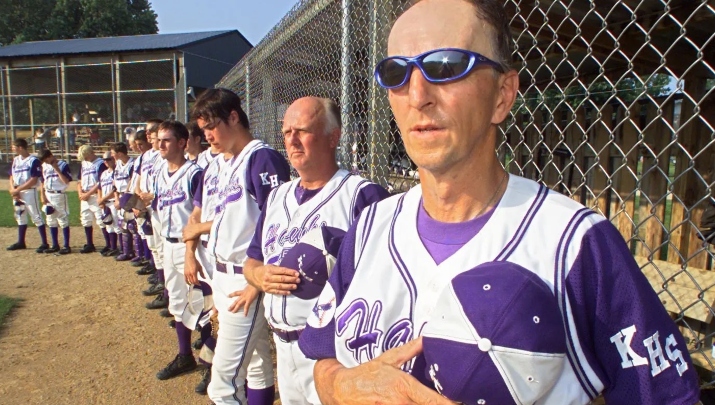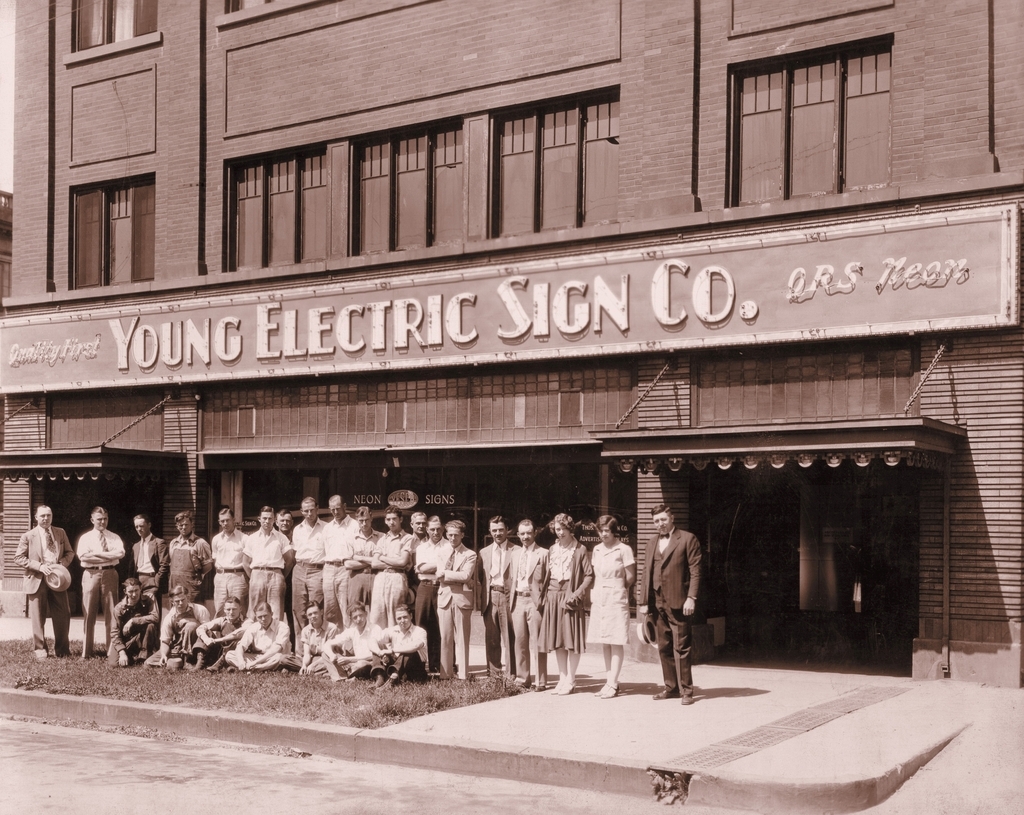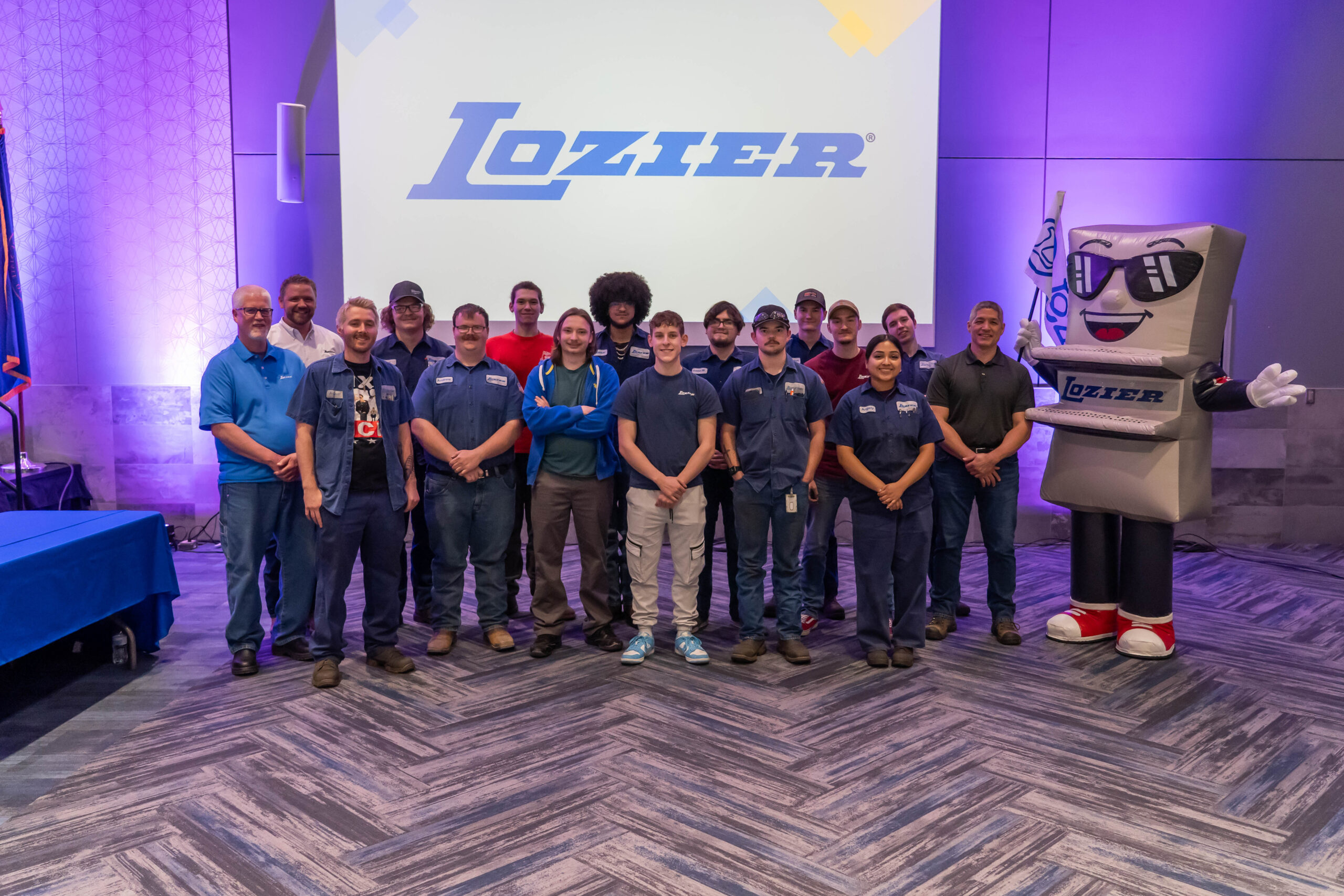

Lessons in Leadership I Learned from my Baseball Coach
- Tony Hogan
- World Class Industries
One of the most effective tools I’ve learned in the many leadership trainings I’ve done over the years is the importance of journaling. Journaling creates the time and space to pause, step back, reflect, and gain insight. Out of the practice of journaling, I’ve come to many important realizations and gained many significant insights. One of them is this; I learned some of my most important lessons in leadership from my high school baseball coach.
I remember one time early in my career, we were in a close game and I got a chance to come in. The bases were loaded with two outs, and I got to pinch hit. I came in and I hit a double in a gap to the fence. I cleared the bases, and I stopped at second base, eyes fixed on my teammate who had started at first base. I held my breath, hoping he would slide into home plate and score. He did! We scored three runs, and I was excited. My coach called time out from where he was coaching at third base, and he called me over
Coach Gene Schultz was never an emotional person, so you never really knew what he was going to say. I got over there, expecting maybe a pat on the back, but he made no comment about the double, didn’t say “good job.” Instead, he asked me, “Where should you be right now?” That was it. I said, “You tell me.” To which he replied, “You should be standing right next to me here at third base. You got caught up in the drama and watching the play, but you should be right here.” I had failed to follow his most important golden rule: We over Me. My mental percentage dropped.
In the small town in Iowa where I grew up, baseball was it. Everybody played, including me. Our high school was small, but we just happened to have a great baseball team; we won numerous state titles over the years and made a real name for ourselves. We didn’t send a lot of players to play college ball, and we didn’t send any to the Major League that I am aware of, but before, during, and long after my time on the team, we were great. The reason was clear; for 45 years, our team was coached by Gene Schultz. To this day, Coach Schultz is the winningest high school baseball coach in the nation.
Coach Schultz played baseball in college and then came straight to our high school, where he stayed for his whole career. He was not like other high school baseball coaches at the time. Like all the others, he was a fanatic for stats. He kept stats on all the things you would expect: batting average, on base percentage, stealing percentage, balls, strikes, wins, losses, etc. But he spent most of his time tracking different stats, which he called Mental Statistics. They revealed what he considered to be the most important part of the game: where was your head during any given play? If it wasn’t in the right place, you were not contributing your best to your team.
Here are a few examples of things he kept stats on. If you’re an outfielder, did you throw the ball to the right place? When you threw it back in, did you hit the cutoff person? Did you throw it to a base? If you’re playing center field and the ball is hit to right field, did you go back up your partner, or did you just stay in your space? The list was long. He used them to calculate what he called mental percentages. Ultimately, there’s only one right action in every scenario; what percentage of the time did you see it, and did you do it?
As I’ve reflected on the lessons I learned from Coach Schultz back in high school, I can see two main reasons for his great success: attention to detail, and the “we over me” mindset.
The mental stats are a great example of his extreme attention to detail. To help us improve our mental percentage, he relied on repetition. We basically had the same two-hour practice over and over for all the years I played for him. Our focus was always the same: practice plays and then consider; did you have a plan for what you were going to do if the ball was hit here or if it was hit there? Were you thinking ahead instead of reacting in the moment? Were you aware of where people were on base? Our consistent and intense focus on this, over and over, helped us get better and helped us win.
The “we over me” mindset perhaps explains why, despite his incredible number of wins, Coach Schultz did not produce a bunch of great, professional ball players. He wasn’t coaching players, he was coaching teams. On his team, there was no room for ego and no room for individualism.
In business, all of this translates to a mindset as well as specific behaviors. Attention to detail and “we over me” sit at the foundation of both. At World Class Industries, I measure for accountability, but mostly I measure for improvement. There is always learning going on, and the attention to detail helps me capture and apply that learning. As for “we over me,” this takes us right back to Stephen Covey. If you think back to The Seven Habits of Highly Effective People, you will recall that one of them is creating win-win scenarios. If you are winning because someone else is losing, or if you’re looking good because somebody else is looking bad, that is not a sustainable approach to winning.
As a People First, Evergreen® company, in it for the long haul and aiming to last 100 years or more, the short wins and the individual wins just won’t cut it. Gene Schultz coached us to win, but we had to win the right way. As a team.
More Articles and Videos

Fireside Chat with Dave Thrasher, Dan Thrasher, and Dave Whorton
- Dave Thrasher, Dan Thrasher, & Dave Whorton
- Supportworks and Thrasher Group

Get Evergreen insight and wisdom delivered to your inbox every week
By signing up, you understand and agree that we will store, process and manage your personal information according to our Privacy Policy






